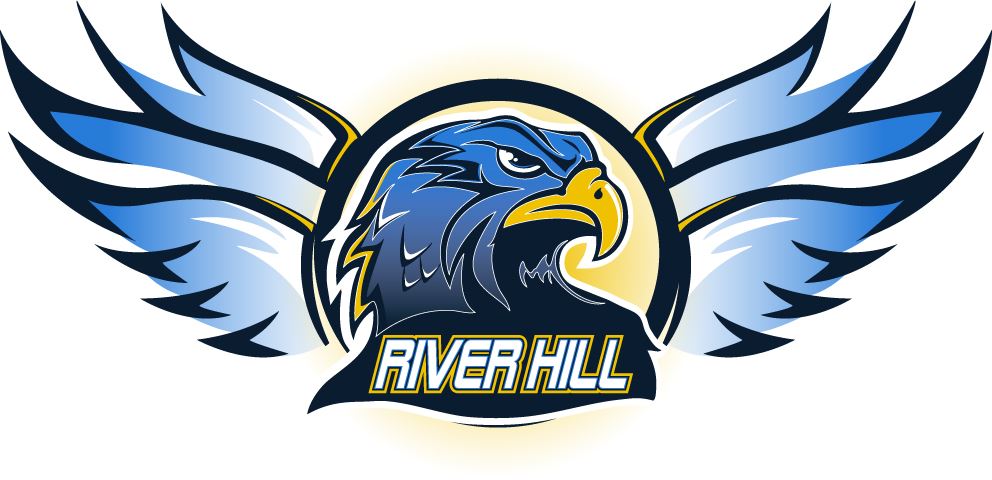By Benjamin Hong, Features Editor
Recently, the Academic Life Skills (ALS) Program hosted its eighth workshop. Newly established this year, the workshop sells various decorations and household amenities, handmade by ALS students, to staff members during lunch. Serving to showcase the talents and abilities of ALS students, their teachers also use the workshop as a way to develop younger students with the mathematical, social, and literary skills requisite for real-world jobs down the line.
The genesis of the idea for the workshop was the success of the snack cart last year, which went around classrooms during 5th and 6th period, selling candy and cookies to students and staff. Lindsey Glascock, an ALS teacher who works with the juniors and seniors in the program, stated that the snack cart was vital to the eventual success of the workshops because “it got us out so that the teachers saw us and we kind of got a better idea of the support we would get, which made us think maybe we could make this work.”
At the beginning of the school year, Glascock and Mr. Saglimbeni, the ALS teacher who works with freshmen and sophomores in the program, sent out an email to staff members as well as the parents of ALS students, asking for any and all donations to gather materials for the workshop’s wares. After a two-month-long period of preparation, the workshop opened. Glascock and Saglimbeni have begun working to integrate the workshop more fully into the ALS program, taking a step back from the grunt work. As Saglimbeni put it, “It was a lot of prep, and still is, but the students now, based on the expectations we have and the routine we’ve created, have a clearer understanding of what they need to do in order to prep so it’s not as much the staff prepping.”
Every workshop begins at the welcome desk, which is staffed by an ALS student, where shoppers can enter a raffle and get candy. After that, teachers are free to peruse the workshop’s diverse, unique, and often inventive inventory. Saglimbeni recounts how with copious amounts of donated crayons, students “peeled them and melted them down into molds so that they can make ornaments or teacher letters.” He went on to describe some more seasonal selections, such as “sugar scrubs for Mother’s Day and barbecue blends for Father’s Day.” These were initially take-home items for students, but other people taking notice of these items led Saglimbeni and Glascock to wonder if they could sell them. Saglimbeni states that they have “made tons of sugar scrubs, starting to do barbecue rubs, seeing if we could do different mixes with the kids’ names on them and things like that.”
After each workshop, funds are tallied, and once sufficient funds are built up, the ALS classes vote on ways to spend the money. They have already thrown a pizza party, and next month they have a field trip to the Baltimore Aquarium planned. However, the ALS teachers have broader goals in mind with the workshop than creating memories and developing fundamental skills with their students. As Saglimbeni put it, “Both of us teach this population because we’re super passionate about who the students are. The world has a lens on different populations of students and it’s been really cool to show our student’s abilities versus their disabilities. There’s so much they can do, but less that they can’t do than others may anticipate.” Both hope to expand upon this goal as the workshop continues, not just for their students, but ultimately to the entire student body, spreading the message to never underestimate yourself.

